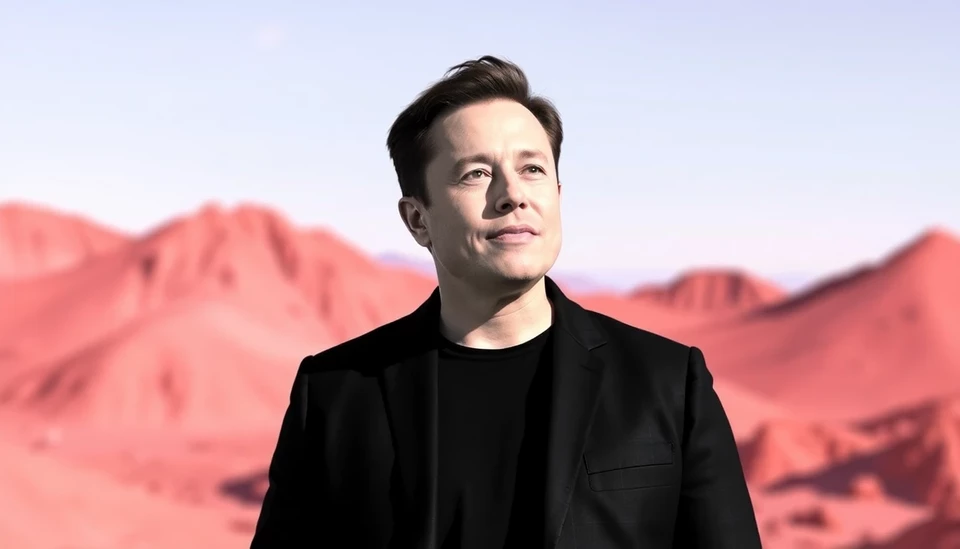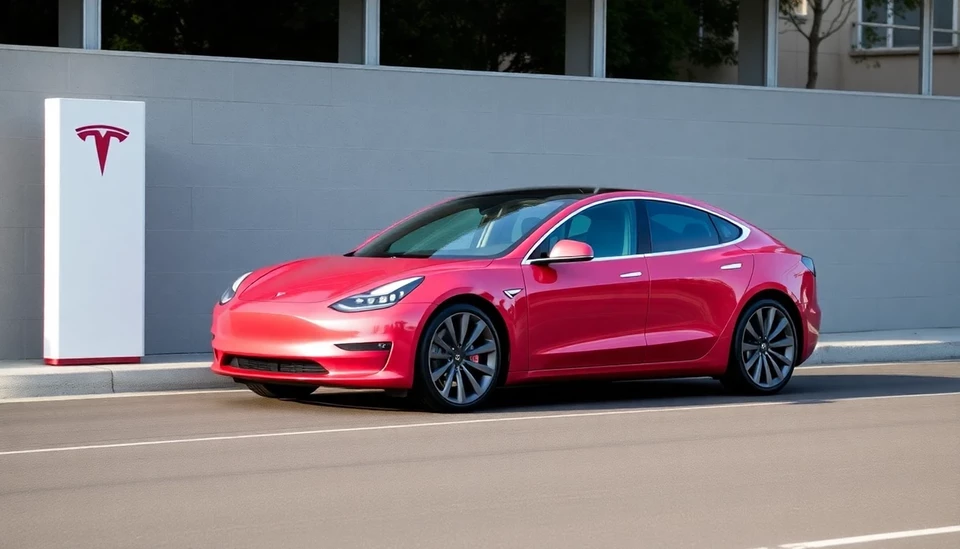
In a surprising turn of events, billionaire entrepreneur Elon Musk has decided to put his controversial theory—dubbed the "Hate My Guts" theory—to the test. The theory suggests that by publicly provoking and antagonizing critics, an individual can paradoxically amplify their support base. Musk's recent actions on social media, particularly Twitter, indicate that he's eager to explore this hypothesis and see whether it resonates with his vast online audience.
Musk, known for his polarizing presence on social media, often finds himself at the center of heated debates. His latest antics, which include contentious tweets and provocative statements, seem to be a deliberate strategy to provoke engagement among his followers. The strategy appears to hinge on the notion that there’s no such thing as bad publicity, and that eliciting strong emotional reactions can, in fact, galvanize support, even among those who initially oppose him.
This approach has sparked considerable discussion within both the business community and the world of social media. Many analysts are intrigued to see if Musk's relentless engagement with critics will result in a swelling of his follower count and increased loyalty from his supporters. Historically, figures who have embraced controversy have often seen a boost in popularity, suggesting that Musk’s theory may have some merit to it.
Critics, however, voice concerns over this method of engagement. They argue that such a strategy could foster division and hostility, leading to more significant societal issues. There are worries that promoting antagonism might undermine meaningful dialogue and replace it with a culture of outrage, where support is predicated on shared animosity toward a common enemy rather than constructive discourse.
Moreover, in the ever-evolving landscape of social media, trust plays a crucial role. While Musk may currently enjoy a large following, unchecked polarization could ultimately alienate some of his audience. This uncharted territory poses the question: Will the "Hate My Guts" theory hold water, or will it backfire, leading to a decline in Musk's public credibility and support?
As Musk continues to navigate this provocative strategy, one thing is for certain: the outcomes of this experiment could have far-reaching implications not only for his reputation but also for how public figures engage with their critics in the digital age. Observers across the globe will undoubtedly be paying close attention to the dynamics of this ongoing experiment.
In conclusion, as he tackles this bold undertaking, the tech titan is at a pivotal moment that could redefine the way public figures interact with dissidents. Whether this will result in increased popularity or serve as a cautionary tale remains to be seen, but it undoubtedly showcases Musk's willingness to embrace risk in the quest for connection.
#ElonMusk #HateMyGuts #SocialMediaStrategy #PublicEngagement #Polarization #Controversy #Business #Tech #Innovation
Author: Victoria Adams




